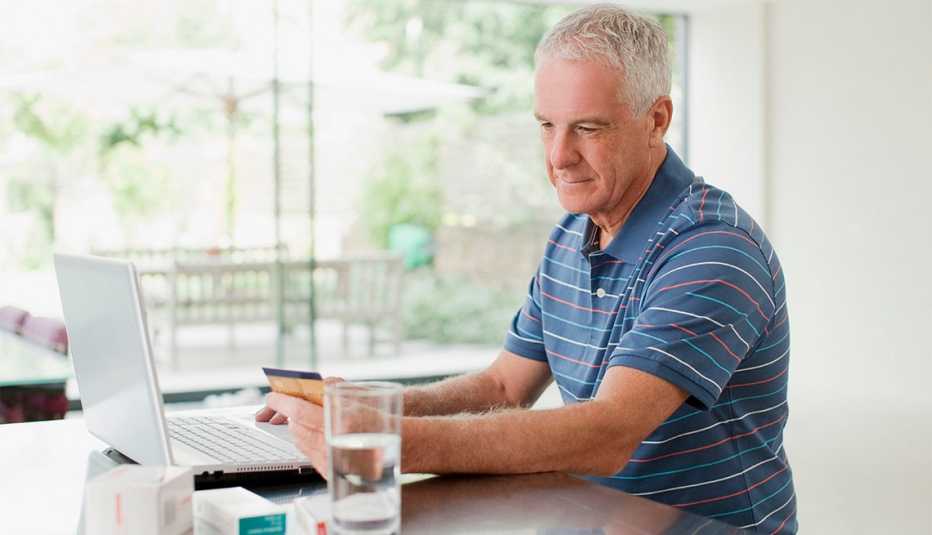Staying Fit


While there's currently no cure for Alzheimer's disease or dementia, that cold hard fact might be easy to forget when you look at all the dietary supplements available promising to manage your symptoms and boost your brain power.
But if you're tempted to try something that word of mouth — or internet, TV or radio marketing — tells you is a proven, perhaps “natural,” way to hold onto your memory longer, it pays to be very, very wary. It's not that there's no science behind the idea that certain spices or vitamins may have memory-preserving powers. Indeed, curcumin and B vitamins, for example, have been shown to possibly have some benefits for brain health.


AARP Membership— $12 for your first year when you sign up for Automatic Renewal
Get instant access to members-only products and hundreds of discounts, a free second membership, and a subscription to AARP the Magazine.
The problem, as a recent editorial in the Journal of the American Medical Association laid out, is that “pseudomedicine” — misleading but scientific-sounding marketing — for such supplements is spreading faster than real studies about brain chemistry could possibly come out.
This fake news of health information, the authors wrote, is helping to drive a huge market — $3.2 billion in over-the-counter “treatments” to improve cognition and brain health in 2016 — that gives false hope to sufferers of dementia and their families.
In reality, the supplements and medical interventions touted as scientifically supported are often based on the skimpiest of evidence, says the editorial's first author Joanna Hellmuth, an assistant professor at the Memory and Aging Center at the University of California, San Francisco. “As a neurologist, it concerns me that patients may be making decisions that aren't based on accurate and truthful information,” she explains. “The way federal laws are structured in the United States, supplement makers are allowed to make bold claims that are quite misleading, and they don't have to provide evidence that they're true."




































































More From AARP
Alzheimer’s Treatment Gets Full FDA Approval
The medication can help slow the progression of the disease
What Is Dementia?
It’s an umbrella term for a loss of memory and thinking skills that has various causes, symptoms and treatmentsDementia Resource Guide
For individuals and families